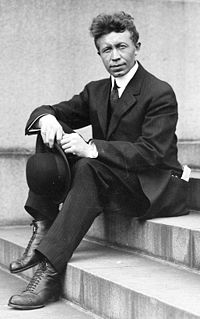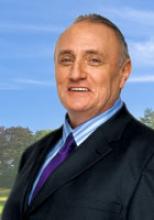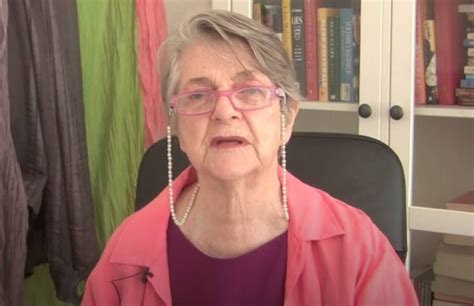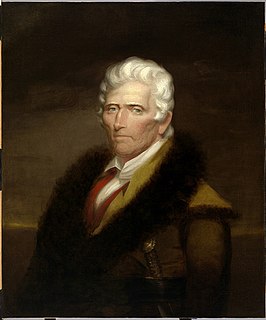A Quote by Vilhjalmur Stefansson
There are two kinds of Arctic problems, the imaginary and the real. Of the two, the imaginary are the most real.
Related Quotes
One might think this means that imaginary numbers are just a mathematical game having nothing to do with the real world. From the viewpoint of positivist philosophy, however, one cannot determine what is real. All one can do is find which mathematical models describe the universe we live in. It turns out that a mathematical model involving imaginary time predicts not only effects we have already observed but also effects we have not been able to measure yet nevertheless believe in for other reasons. So what is real and what is imaginary? Is the distinction just in our minds?
The poet Marianne Moore famously wrote of 'real toads in imaginary gardens,' and the labyrinth offers us the possibility of being real creatures in symbolic space...In such spaces as the labyrinth we cross over [between real and imaginary spaces]; we are really travelling, even if the destination is only symbolic.
In the 1920s the young English physicist Paul Dirac began trying to understand and describe the space-time evolution of the electron, the first elementary particle discovered by J.J. Thomson in 1897. Dirac was puzzled by an unprecedented property of space-time, discovered by Lorentz in his studies of electromagnetic forces, whereby if space was real, time had to be imaginary, and vice versa. In other words, space and time had to be a ‘complex’ mixture of two quantities, one real and the other imaginary.
Imaginary obstacles are insurmountable. Real ones aren't. But you can't tell the difference when you have no real information. Fear can create even more imaginary obstacles than ignorance can. That's why the smallest step away from speculation and into reality can be an amazing relief...The Reality Solution means: Do it before you're ready.
Art is not ideology. It is completely impossible to explain art on the basis of the homological relation that it is supposed to maintain with the real of history. The aesthetic process decentres the specular relation with which ideology perpetuates its closed infinity. The aesthetic effect is certainly imaginary; but this imaginary is not the reflection of the real, since it is the real of this reflection.








































